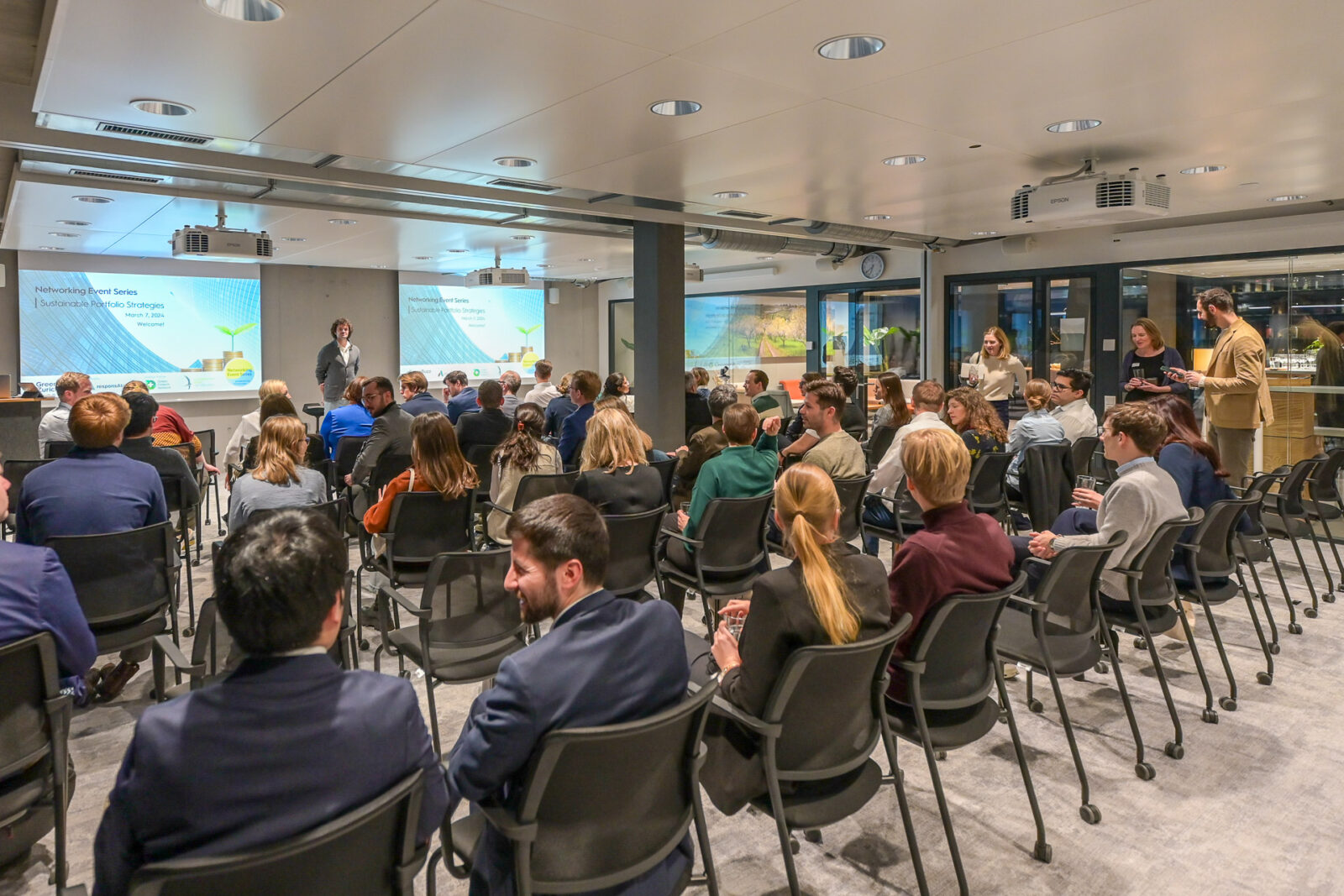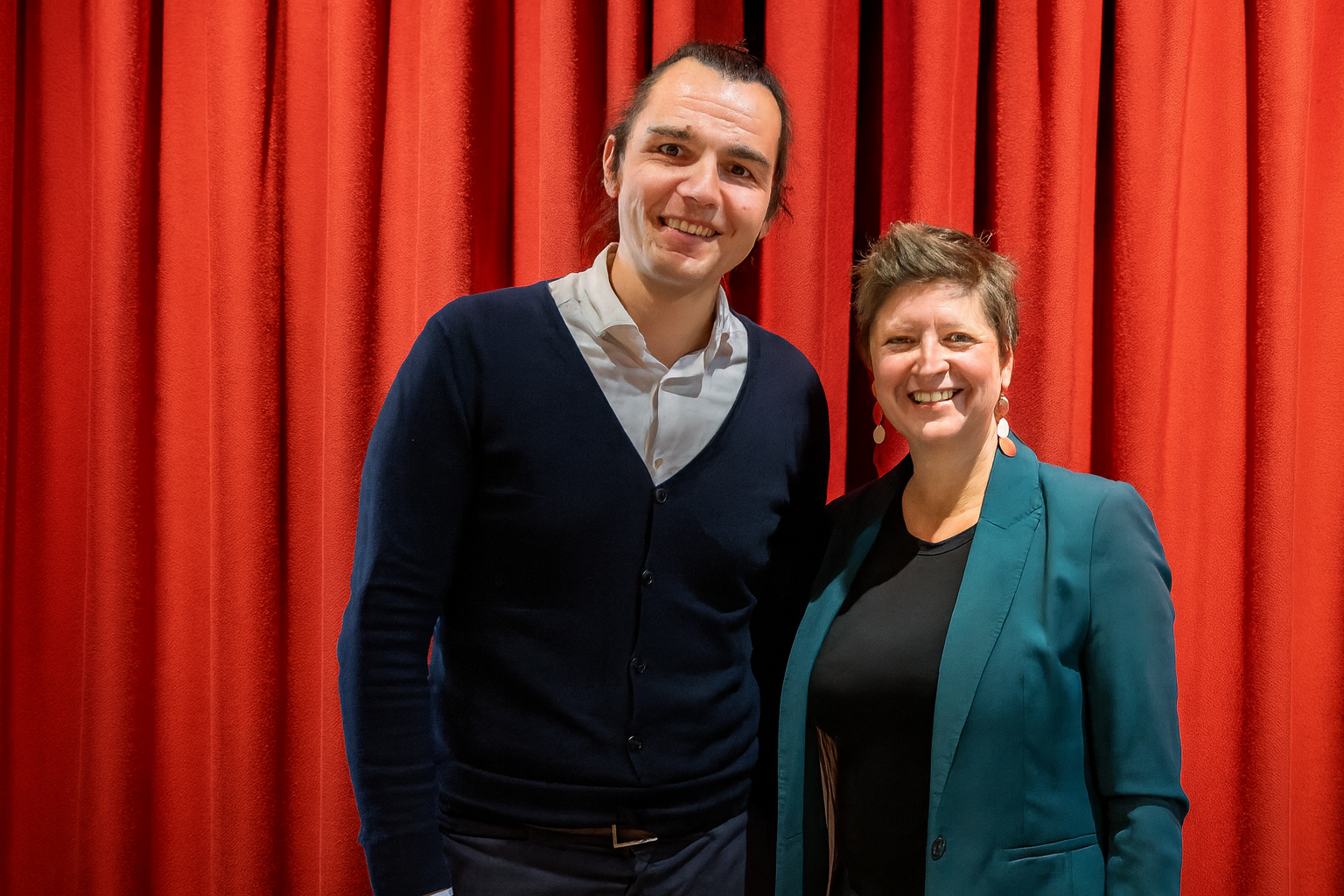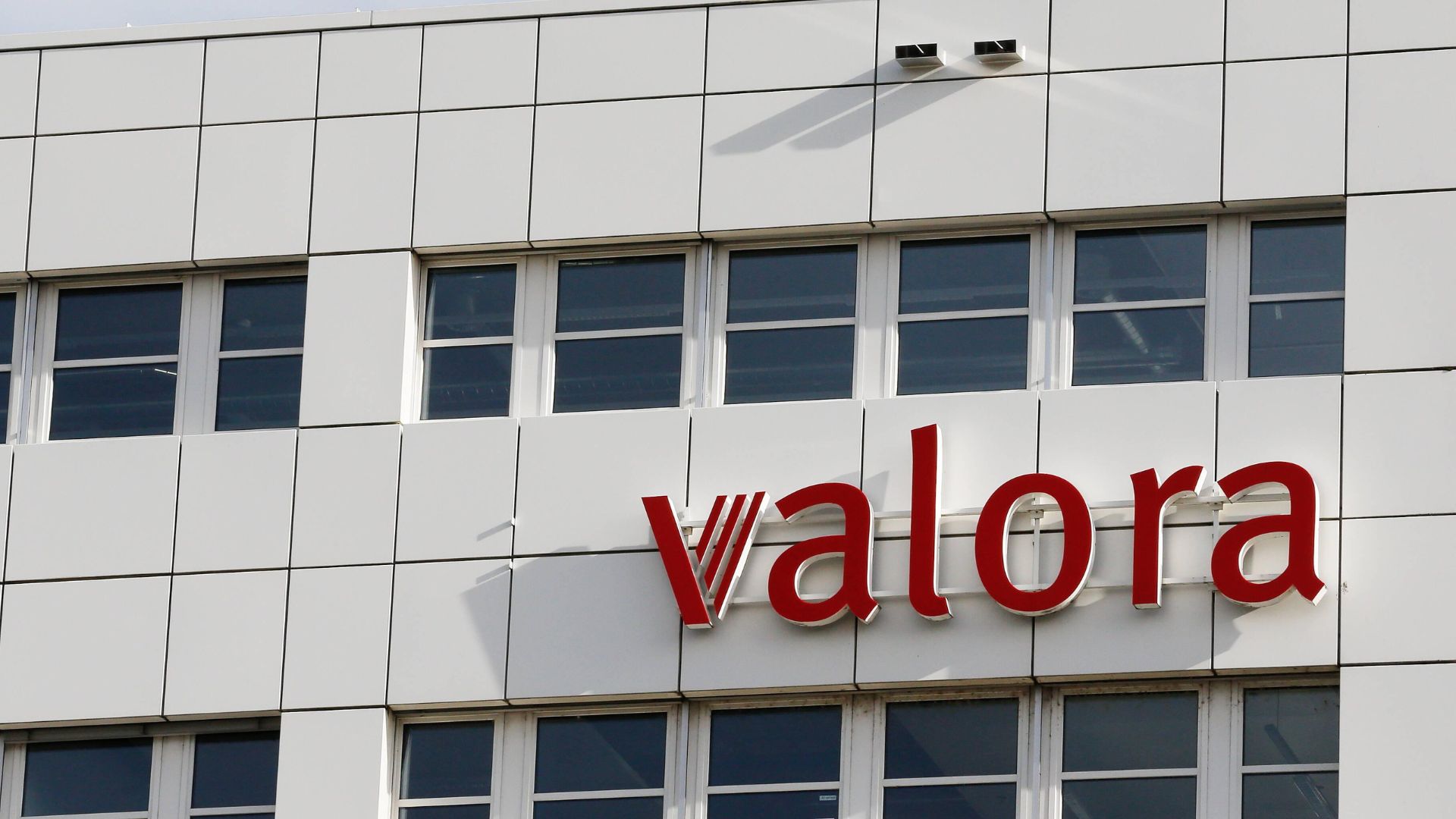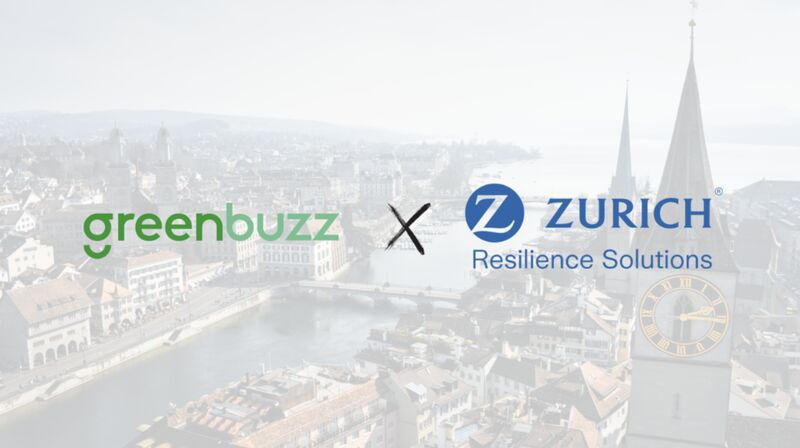Before a recent Working Group, we caught up with Elizabeth Goodwin from Swisscontact. As one of GreenBuzz’s important yearly partners, we wanted to find out more about their sustainability journey and the organization’s future plans.
Q: What first prompted you to become a GreenBuzz partner?
A: Swisscontact implements projects for sustainable economic development in around 40 countries. Many of the projects involve Swiss or international companies because we work in a market-oriented way. We share a lot of goals with GreenBuzz members and enjoy collaborating with them. For our people, the events are a great way to keep up to date with the latest thinking.
Q: We’ve met up at a few of our events – what has been your favourite so far?
A: My personal favourite remains an event held at responsAbility last year. It was called “Sustainable Portfolio Strategies”. The topic was quite far away from what I do in my job so I learned a lot.
Q: How important is sustainability to Swisscontact and to you personally?
A: To me, very. I was working as a brand manager for a fast moving consuming goods company when I had a sudden moment of clarity. I went back to university to study sustainable business and switched career. I haven’t looked back since.
For Swisscontact, it is everything. Our work is designing and implementing projects that contribute to the achievement of the SDGs. We work a lot on the economic aspects, promoting skills and entrepreneurship or optimizing value/supply chains. But other projects are set up to tackle environmental, social or governance issues.

“My personal favourite remains an event called ‘Sustainable Portfolio Strategies’ (March 2024) – the topic was quite far away from what I do in my job so I learned a lot.” – Elizabeth Goodwin
Q: Tell us about Swisscontact’s sustainability journey over the years.
A: Working in partnership means both sides learn from each other. We are a local partner for companies in their sourcing or producing countries, like for example, ready-made garments in Bangladesh or coffee in Colombia. So, we were supporting the implementation of these companies’ sustainability strategies and realized we didn’t have one ourselves.
Even if our organizational goals are all about sustainability rather than profit, it’s still important that we take a systematic look at how we operate. In 2023, we did our own double materiality analysis. It was a worthwhile exercise – looking for gaps and opportunities, and talking to our stakeholders. We developed a sustainability strategy, rolled it out, and published our first sustainability report earlier this year.
Q: What sustainability challenges does your industry need to overcome?
A: Development cooperation work is international and that involves flying. Swisscontact is really decentralized with well over 90% of people based in country offices, but like others in our sector we are more reliant on flights and the decarbonization efforts of airlines than we would like.
I work a lot with cocoa and coffee. Some of the sustainability challenges, like deforestation or child labour, are really embedded in the local reality and culture. Working with one company on their individual supply chain is not always enough. A broader, collaborative approach is needed, one that might cover a big geographical area and include local government, as well as the company’s suppliers, customers, even competitors! Such coordination and the shifting of cultural norms takes time. It’s often challenging to get buy in and funding for such big and long projects.
Q: If you could make one change to make the world more sustainable, what would it be?
A: It’s actually a personal wish rather than anything to do with work. I’d love to see a cultural shift where more of us feel contented with what we have. Not just the material things but in terms of experiences too. Fewer purchases, fewer flights, less time spend making purchase decisions and more time for friends. Choosing sustainability would feel less like a sacrifice and more like a relief.
Thank you for your time!



